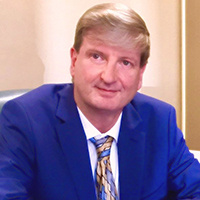Birnamwood Felony Lawyer, Wisconsin
Not enough matches for Birnamwood Felony lawyer.
Below are all Birnamwood Criminal lawyers.
Peter C. Lloyd
✓ VERIFIEDDivorce & Family Law, Criminal, Traffic, Child Custody, Child Support
Attorney Peter Lloyd is an experienced lawyer practicing law in the Central Wisconsin area. He limits his practice to specific areas (family, criminal... (more)
William Drengler
Bankruptcy, Criminal, Divorce & Family Law
Status: In Good Standing Licensed: 48 Years
Kenneth J. Andraski
Traffic, Mass Torts, Divorce & Family Law, Criminal, Accident & Injury
Status: In Good Standing Licensed: 50 Years
William D. Mansell
Workers' Compensation, Personal Injury, Family Law, Criminal, Mass Torts
Status: In Good Standing Licensed: 44 Years
Wright C. Laufenberg
Traffic, Divorce & Family Law, Criminal, Accident & Injury
Status: In Good Standing Licensed: 32 Years
Stephen W. Sawyer
Felony, Misdemeanor, White Collar Crime
Status: In Good Standing Licensed: 28 Years
FREE CONSULTATION
CONTACTRobert N. Forseth
Real Estate, Estate, Divorce & Family Law, Criminal
Status: In Good Standing Licensed: 12 Years


